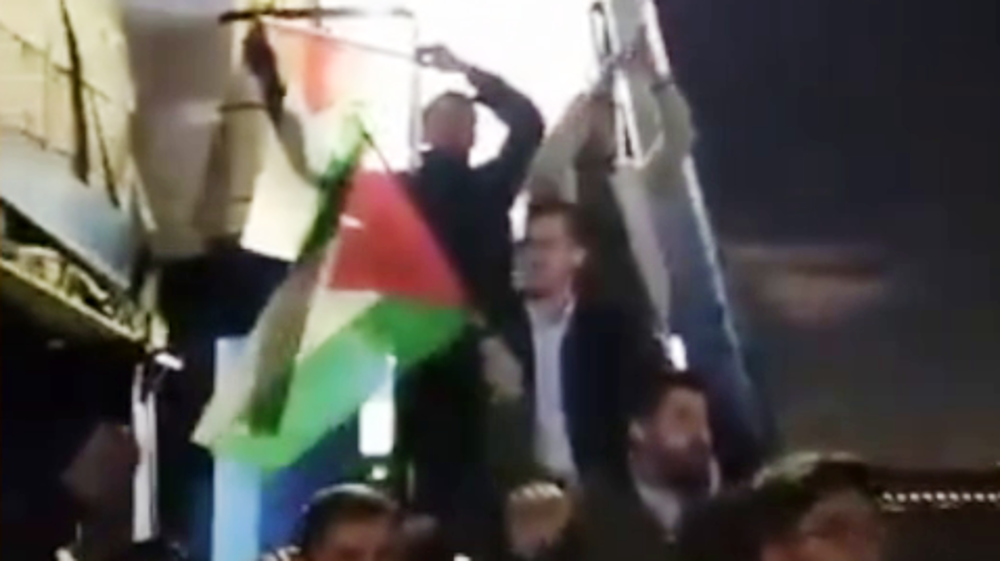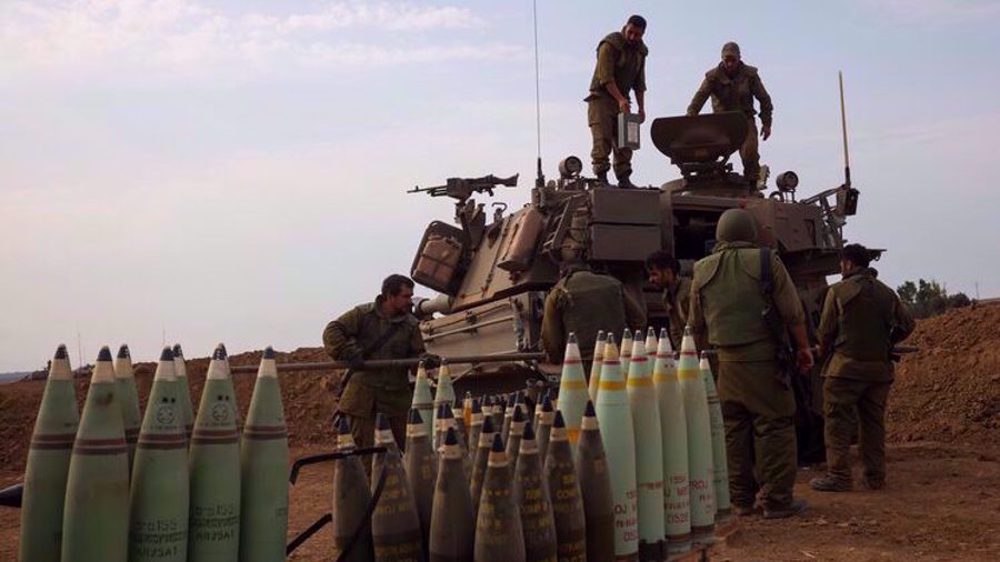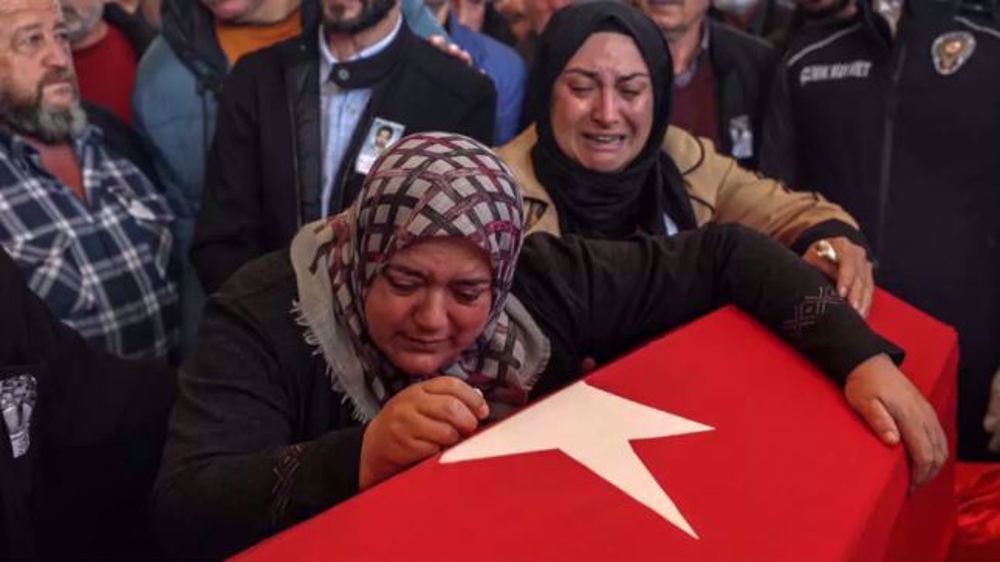Mideast caught in vicious cycle of arms purchasing: Turkey diplomat
Turkey says extremism and sectarianism in the Middle East region have plunged regional countries into a vicious circle of purchasing arms and military equipment.
Turkey’s Ambassador to Iran Reza Hakan Tekin made the remark in an exclusive interview with IRNA, which the news agency published on Tuesday.
Tekin said nations in the region were diverging from one another but added that there were several solutions to stop that trend from continuing.
The first step is for countries to rely on themselves, rather than on extra-regional forces, to determine their own fates, he said.
Then, confidence was needed to be built both among countries and within countries such as Iraq and Syria, where societies have undergone a “breakup,” the Turkish diplomat added.
He said countries also have to fight the “plight that has befallen our region: extremism.”
“This extremism and sectarianism breaks up societies, and the party that winds up at a loss as a result of that is the nations of the region and us,” the Turkish diplomat said.
“What is important is to look and see that arms traders and manufacturers are the winners of these developments, and the losers are the people of the region, whose limited means and capital are spent on buying... arms and military equipment instead of on... development,” Tekin said.
“Here we have a vicious cycle of purchasing and procuring military and warfare equipment in the region, and we should be able to break this cycle,” the envoy said.
What is needed in order for that to happen is leadership, a long-term vision, and bold cooperation.
“I assume that Turkey and Iran can do this,” he said.
In May, Saudi Arabia signed an agreement with the US to buy a whopping $110 billion in US arms. The deal also envisioned the purchase of $350 billion American weapons over 10 years.
Kurdish independence
The Turkish ambassador also addressed the issue of the September 25 independence vote held in the northern Iraqi region of Kurdistan.
The region, he said, is under Iraqi sovereignty based on the country’s constitution.
The recent measure by the region’s rulers to hold the referendum — in the face of all domestic, regional, and international opposition — “fundamentally clashes with the raison d’être of such a system.”
This move would afflict the region with even more instability, Tekin asserted.
Turkey has been fighting off a decades-long Kurdish separatist drive, which has cost thousands of civilian lives. It has also been bombing the positions of the Kurdish militants operating under the banner of the outlawed Kurdistan Workers’ Party (PKK) in northern Iraq.
Turkey has also deployed troops to northern Syria. It made the move after the Kurdish fighters who have been battling Daesh there failed to move back from the vicinity of the Turkish border to their original positions during advances against the Takfiri terror group.
‘Turkey plans more sanctions on northern Iraq’
Meanwhile, Turkish President Tayyip Erdogan has said that his country may impose further sanctions on northern Iraq over its independence referendum.

“We are managing with some embargoes in northern Iraq for now, but if they don’t come to their senses, this will continue increasingly,” Erdogan told lawmakers from his ruling AK Party on Tuesday.
Turkey, fiercely opposed to independence for Kurdistan, has several times threatened to adopt strict sanctions against the Iraqi Kurdistan over the referendum.
IRGC: 10 foreign-backed terrorists killed, arrested in Sistan and Baluchestan
Iran calls on EU to end targeting ordinary Iranians after missile transfer claims refuted
UK police detain Jewish scholar Haim Bresheeth following pro-Palestine address
VIDEO | Iraqi resistance strikes key Israeli targets in occupied territories
VIDEO | Press TV's news headlines
Iranian satellites launched into space as private sector debuts in space industry
VIDEO | Iran, Azerbaijan conduct joint maritime rescue operations
VIDEO | Yemen’s Red Sea divide: Naval forces block Israeli-linked ships in strategic ‘parting of the water’














 This makes it easy to access the Press TV website
This makes it easy to access the Press TV website